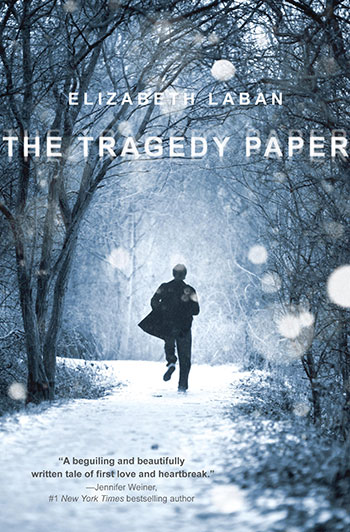Happily married for more than thirty years to Cheryl, the love of my life.
Dad to three grown sons and two daughter-in-laws
Elder Chairman in my church and high school small group leader
Full time speaker and author since 2004
Living in the greater Chicago area
Grateful for God’s incredible grace and mercy to me in countless ways.
Praise for Code of Silence: 'Deliberate, plausible, and gritty whodunit.' --Booklist Starred Review
Taken!
A detour through the park leads Cooper, Gordy, Hiro, and Lunk straight into a trap, and Gordy is abducted! For the kidnapper, it's all a game, a way to settle an old score, with no one getting hurt. But evil has a way of escalating, and once his identity is discovered, the rules change. Despite the best of police efforts, the hours tick by without a clue or a ransom call, leaving everyone to their own fears. Gordy is gone. Cooper descends deeper into a living nightmare, imagining the worst for his best friend and cousin. Hours stretch into days, and talks of a memorial service begin to surface. But Cooper still feels his cousin is alive and develops a reckless plan, changing all the rules. Now the one who set out to rescue his friend needs to be rescued himself. Sometimes rescuing a friend from darkness means going in after them.
Excerpt
Chapter 64, page 292-293
Hiro wanted to give him the statistics. The chances of finding a kidnapped victim after twenty-four hours go way down. And the odds of finding them alive were significantly less. “It’s been nearly seventy-two hours. Do you know what that means?”
Coop looked at her. “Don’t say it.”
“Coop, face the facts. Statistics prove that if a kidnapped person isn’t found within—”
“Stop.” Coop held up his hands as if he could ward off her words. “No more. Don’t say it.”
The intensity of the rain drumming against the deck above them picked up as if nature itself was trying to keep Coop from hearing what she had to say. But it was for his own good. He had to hear it. “Gordy is gone. He’s dead. You’re in a dark place, Coop. I’m just trying to—”
“No. Gordy is alive. I feel it. And I’m not in the dark place. Gordy is.” He placed both hands on the table and leaned forward. “Sometimes rescuing a friend from darkness . . . means going in after them.”
Hiro’s stomach twisted. “What does that mean?”
He didn’t answer. And by the distant look in his eyes, Coop was envisioning something. The haunted, guilty look she’d seen mirrored on his face the last few days was gone. But something just as unsettling replaced it. Fear. “Coop, what are you saying?”
He closed his eyes tight for an instant. Like there was something he wanted to say, but couldn’t. Or wouldn’t. “Nothing. I’m not saying anything.” He stood. “I need some time alone. Goodnight, you two. See you tomorrow at eight o’clock, Lunk.”
Coop brushed past them and ducked out the cabin door.
Hiro didn’t move. Even Lunk seemed stunned.
“He’s planning something,” Hiro said. “I know it.”
Lunk just looked at her. “Tomorrow. At eight o’clock. You heard him.”
Hiro shook her head. “That’s his Plan B. He’s doing something tonight.”
“Why wouldn’t he tell us?”
Hiro fought a sense of panic rising up in her. “He figures that if we knew what he was really planning to do”—the sense of dread she felt grew a bit darker—“we’d do everything in our power to stop him.”
LINKS:
BUY THE BOOK:















